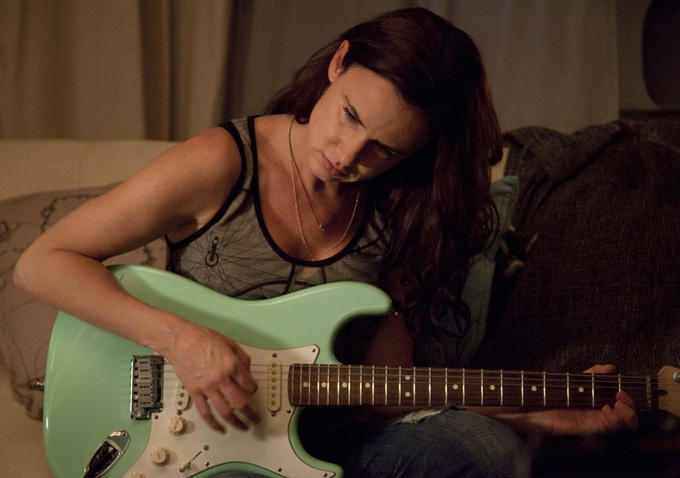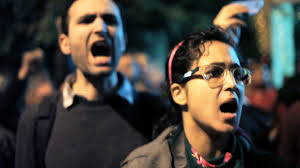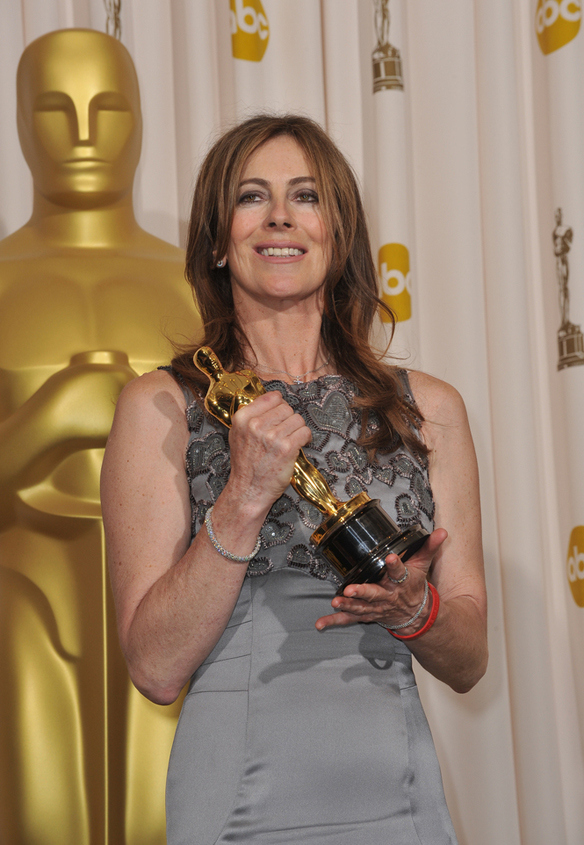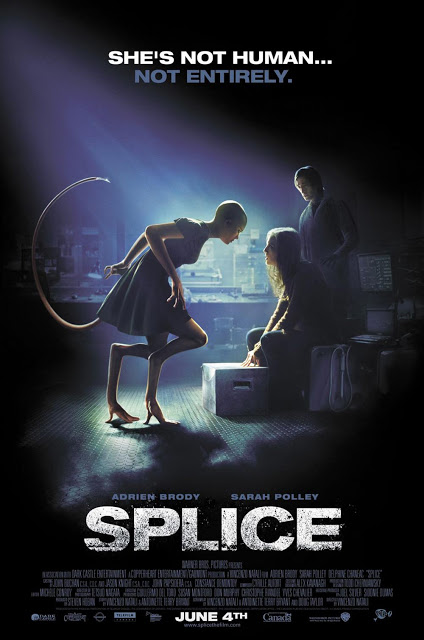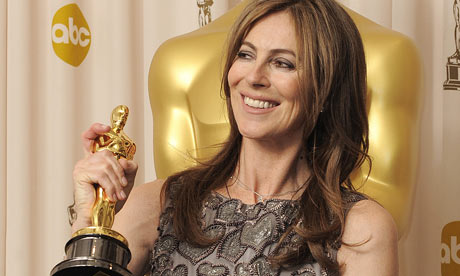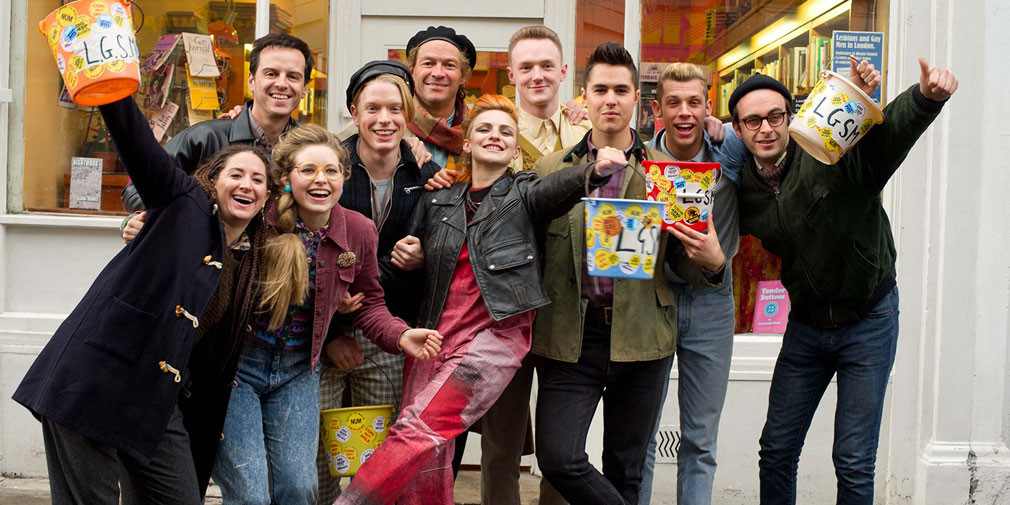Lessons from Underrated Coming of Age Flicks: Part 2: Back To School Edition
Even you’re not in school, September feels like a time for beginnings. It’s when you met the people who would become your close friends, bought new school shoes, and settled into a new year. With that in mind, I decided to look at a selection of coming of age films loosely based around school and learning. As an extra bonus, all five films come from female writer-directors.

